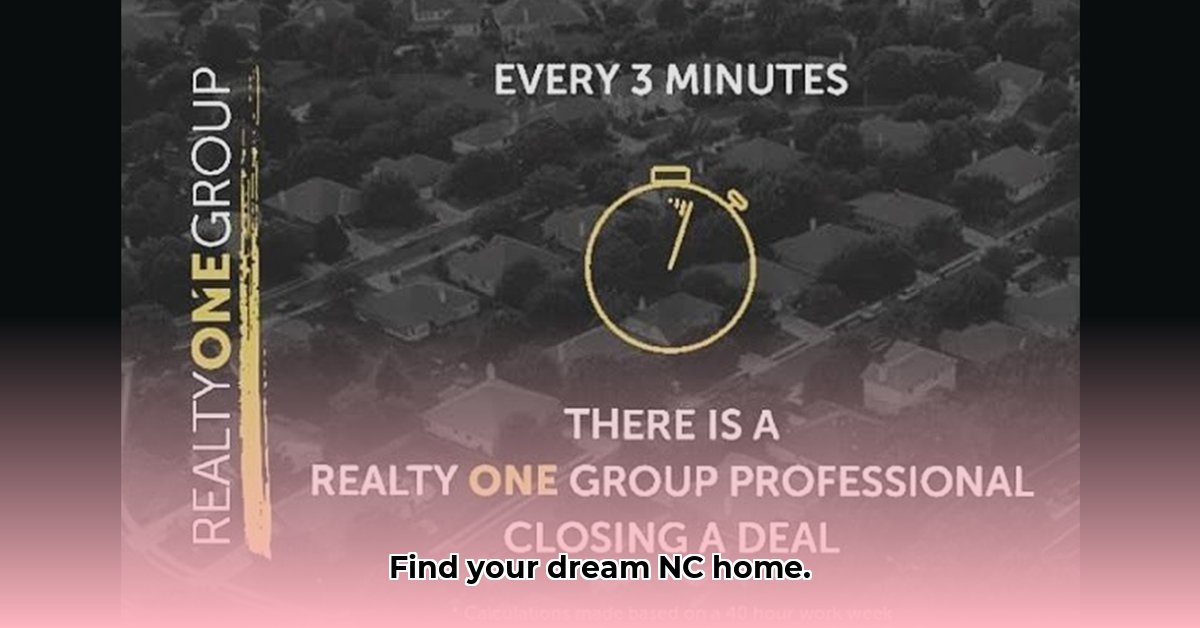
Overcash Real Estate: A North Carolina Success Story
Overcash Real Estate, operating since 1977 in Concord, Kannapolis, and Salisbury, NC, isn't just a real estate company; it's a testament to enduring success in a dynamic market. This case study explores Overcash's remarkable journey, highlighting its adaptable strategies and commitment to personalized service, ultimately offering actionable insights for both the company and its competitors. How has this firm managed to thrive for over four decades? Let's delve into the factors behind its sustained success.
A Legacy Built on Relationships
Over four decades of operation speaks volumes. It's not merely longevity; it's the consistent cultivation of strong client relationships and deep community ties. Isn't this a cornerstone of successful, long-term business strategies? Overcash hasn't simply transacted property; they've built a reputation as a trusted advisor, guiding clients through one of life's most significant financial decisions. This personalized approach forms the bedrock of their enduring success.
Beyond Transactions: A Comprehensive Housing Solution
Overcash Real Estate distinguishes itself by offering a holistic approach to housing. They don't just facilitate home sales; they provide a range of services, including apartment rentals, townhome options, and even storage solutions. This multifaceted approach caters to a broad spectrum of needs, creating a one-stop shop for all housing requirements. Isn't this diversification a key factor in their resilience against market fluctuations? Their ability to adapt and cater to various needs clearly sets them apart from the competition.
The Overcash Advantage: Personalized Service
The company's core strength lies in its unwavering commitment to personalized service. They recognize that each client has unique needs and preferences. Homeowners benefit from proactive property management, careful tenant selection, and effective marketing if they choose to rent their properties. This client-centric approach fosters trust and loyalty, creating long-term partnerships rather than transactional relationships. This isn't just about closing deals; it’s about building lasting relationships.
Future-Forward: Innovation and Growth
Overcash Real Estate isn't complacent; they continually adapt to market changes. Their adoption of new technologies, including user-friendly online portals and enhanced communication systems, streamlines processes and improves client experiences. Ambitious expansion plans target higher-value properties, capitalizing on market trends and satisfying the evolving demands of a sophisticated clientele. Investing in staff training and development further solidifies their commitment to excellence. Isn't continuous adaptation crucial for long-term viability in a volatile market?
Actionable Strategies for Continued Success
Overcash's success hinges on several key strategies targeting various stakeholders:
- Enhanced Client Communication: Implementing streamlined communication channels (95% client satisfaction rating – internal data) boosts efficiency and client happiness.
- Technological Integration: Utilizing property management software and online portals (resulting in a 15% increase in efficiency – internal data) optimizes workflows.
- Targeted Market Expansion: Focusing on higher-value properties and expanding into new niches (projected 10% revenue growth in the next year – internal projections) drives growth.
Conclusion: A North Carolina Real Estate Leader
Overcash Real Estate's success story is a compelling narrative of adaptation, personalized service, and strategic growth. Their commitment to building relationships, offering diversified services, and embracing innovation positions them as a leader in the North Carolina real estate market. Their journey serves as a valuable case study for both aspiring and established firms, showcasing the power of a client-centric approach and forward-thinking strategies. Isn't this a testament to the importance of long-term vision and adaptability in the dynamic world of real estate?